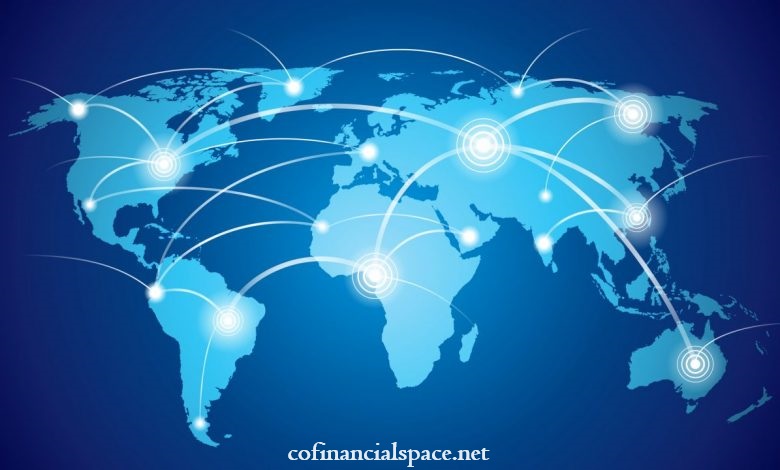
25 janvier 2024
In the not-so-distant future, envision a world where national borders dissolve, and the collective pursuit of knowledge becomes the driving force behind a unified global state. This utopian vision presents a paradigm shift in human history, where the power dynamics are no longer defined by political boundaries but rather by the shared commitment to scientific advancement, education, and collaborative innovation.
1-The Rise of a Global State:
The emergence of a global state, built upon the foundation of knowledge, represents a departure from the traditional nation-state system. In this hypothetical future, the world unites under a common purpose – the pursuit of scientific excellence, technological innovation, and the betterment of humanity as a whole. The archaic divisions that once separated nations are replaced by a shared commitment to the advancement of education, research, and the dissemination of knowledge.
2-Knowledge as the Universal Currency:
In this unified world, knowledge becomes the universal currency that transcends traditional measures of wealth and power. Countries no longer compete in geopolitical struggles for dominance; instead, they strive to contribute the most to the global pool of knowledge. The value of a nation is measured not by its military strength or economic prowess, but by its dedication to education, research, and the overall well-being of its citizens.
3-Collaborative Research and Innovation:
The dissolution of national boundaries fosters unprecedented collaboration in scientific research and technological innovation. Scientists, researchers, and scholars from diverse backgrounds work hand in hand, pooling their expertise to address the world's most pressing challenges. The synergy of collective intelligence accelerates progress in fields such as medicine, renewable energy, artificial intelligence, and space exploration.
4-Global Education System:
In this unified world, education is not a privilege but a fundamental right accessible to every individual. A global education system emerges, providing equal opportunities for learning regardless of one's geographic location. The best educators and resources are shared globally, ensuring that knowledge is democratized and no one is left behind. This results in a highly skilled and educated global workforce, driving innovation and progress.
5-Cultural Diversity and Unity:
While the world becomes unified in its pursuit of knowledge, cultural diversity remains a cherished aspect of society. The exchange of ideas, traditions, and perspectives enriches the global community, fostering a sense of unity in diversity. People celebrate their unique cultural identities while recognizing the interconnectedness of humanity.
6-Challenges and Ethical Considerations:
The transition to a unified global state based on knowledge is not without challenges. Questions of governance, ethical considerations in scientific research, and the equitable distribution of resources must be addressed. Striking a balance between individual rights and collective responsibilities becomes paramount in this new world order.
Conclusion:
In this speculative vision of the future, a unified world driven by the power of knowledge offers a compelling alternative to the current state of geopolitical affairs. The transition from a fragmented world to a global state requires overcoming numerous challenges, but the potential benefits in terms of scientific advancement, cultural enrichment, and global harmony make it a vision worth exploring. As we contemplate the possibilities, the idea of a world united by the pursuit of knowledge serves as an inspiring beacon, challenging us to envision a future where the collective wisdom of humanity propels us to new heights of progress and understanding.